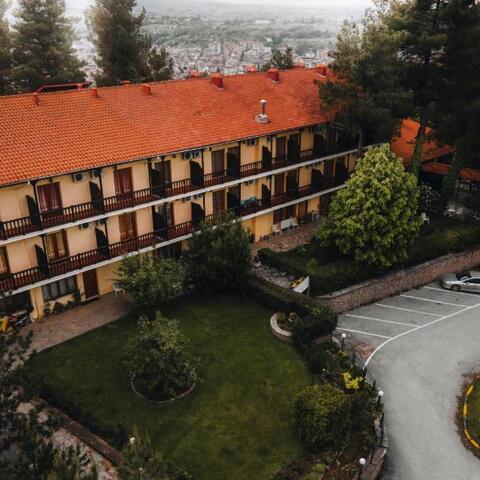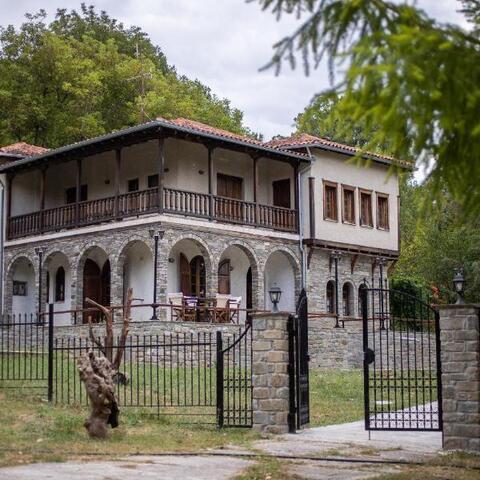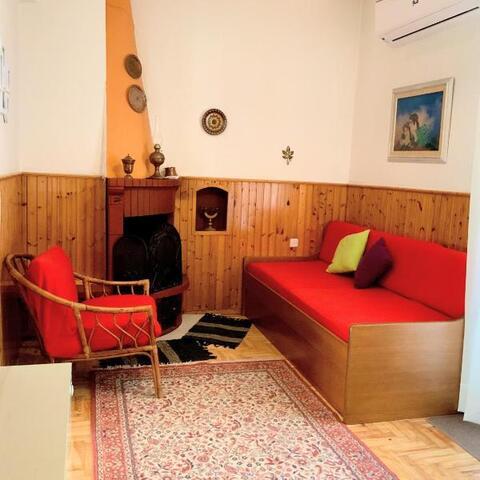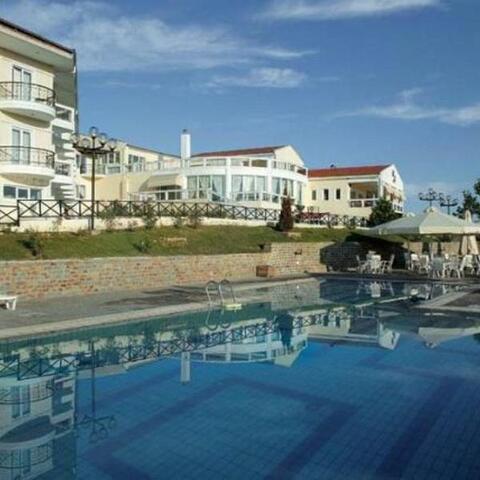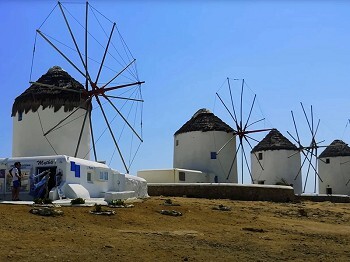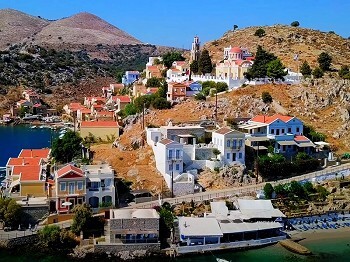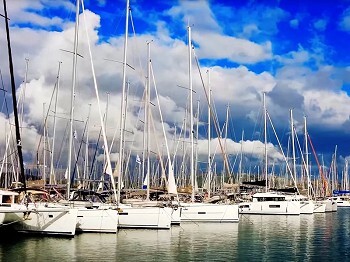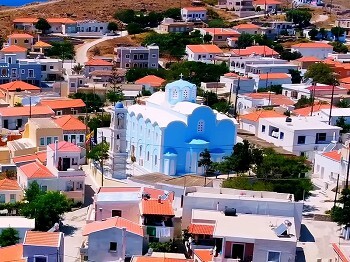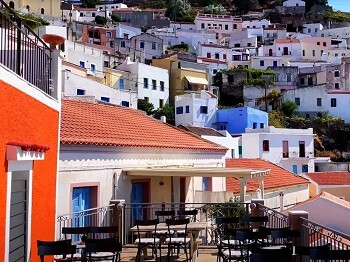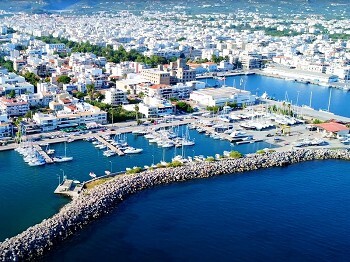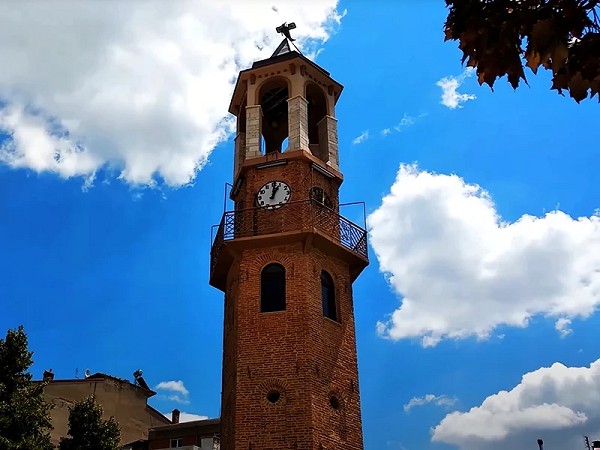
Grevena Prefecture, nestled in the heart of Northern Greece, offers a treasure trove of historical and cultural wonders waiting to be explored. This region is renowned not only for its stunning natural landscapes but also for its impressive historical sites that paint a vivid picture of Greece’s rich past. From ancient Ruins to Byzantine churches, Grevena is a haven for history enthusiasts and curious travelers alike. Here’s a guide to some of the most captivating historical sites you should visit when in Grevena Prefecture.
We suggest for your stay:
Still Looking for the Perfect Stay?
1. The Ancient City of Grebena
An Overview of Grebena’s Historical Significance
The ancient city of Grebena, believed to Date back to the 4th century BC, offers a fascinating glimpse into the past. Although much of the site is in Ruins, the remnants of ancient walls and structures provide insight into the city’s historical importance. Archaeological findings, including Pottery and inscriptions, Highlight Grebena’s role in the region's trade and culture during antiquity.
Key Features to Explore
The Ancient Walls: Parts of the old city walls still stand and offer a dramatic view of the surrounding area.
Archaeological Artifacts: Displays in the local museum feature items unearthed from the site, including Ceramics and tools.
2. The Byzantine Monastery of Saint Panteleimon
A Glimpse into Byzantine Architecture
The Monastery of Saint Panteleimon, located near the village of Krania, is an exquisite example of Byzantine Architecture. Established in the 11th century, this Monastery has been remarkably well-preserved, showcasing intricate Frescoes and majestic stonework.
Highlights of the Monastery
Frescoes: The interior boasts vibrant Frescoes depicting various religious scenes, offering a rich visual Experience of Byzantine art.
Architectural Details: Admire the craftsmanship in the monastery’s stone arches and decorative elements.
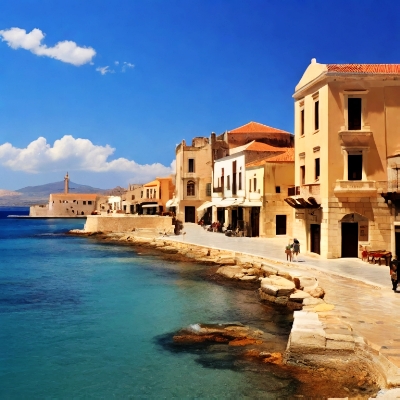
3. The Byzantine Castle of Grevena
Discover the History Behind the Fortress
The Byzantine Castle of Grevena stands as a testament to the region's strategic importance throughout history. Constructed in the 12th century, the castle served as a formidable defense against various invaders. Its Ruins still convey a sense of the grandeur that once defined this fortification.
What to See at the Castle
Castle Walls: Walk along the remnants of the castle walls for panoramic Views of the surrounding landscape.
Watchtowers: Explore the Watchtowers that provided strategic vantage points for the castle’s defenders.
4. The Roman Bridge of Poligiros
Engineering Marvel of Ancient Rome
The Roman Bridge of Poligiros is an impressive feat of ancient engineering. Built during the Roman period, this bridge once served as a crucial crossing point over the river. Although it is no longer used for transportation, it Remains an important historical Monument.
Features of the Bridge
Architectural Design: Study the bridge’s Roman architectural style and construction techniques.
Scenic Views: Enjoy the picturesque Views of the river and surrounding countryside from the bridge.
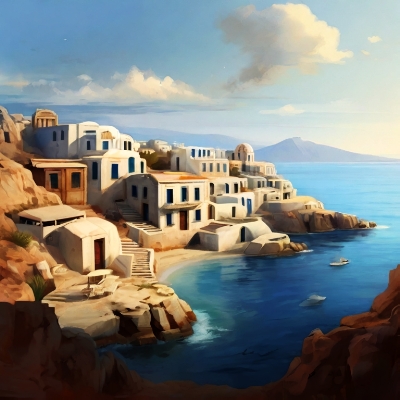
5. The Archaeological Museum of Grevena
Explore Local Artifacts and Exhibits
To gain a deeper understanding of Grevena’s historical and cultural Heritage, a visit to the Archaeological Museum of Grevena is a must. The museum houses a rich Collection of Artifacts from various historical periods, including the ancient, Byzantine, and Ottoman eras.
Must-See Exhibits
Ancient Pottery and Tools: View everyday items from Grebena’s ancient past.
Byzantine Artifacts: Discover religious Artifacts and Relics from the Byzantine period.
6. The Village of Tsotyli
A Journey Through Time
The village of Tsotyli offers a unique glimpse into traditional Greek life and history. Known for its well-preserved Architecture and historical buildings, Tsotyli is a living museum of sorts, where visitors can Experience the charm of a bygone era.
Points of Interest in Tsotyli
Traditional Houses: Wander through the narrow streets and admire the traditional stone houses with their distinctive architectural style.
Local Museums: Explore small local museums that showcase regional history and folk art.

7. The Church of Saint George in Grevena
Architectural and Historical Significance
The Church of Saint George, located in the heart of Grevena, is a noteworthy example of Greek Orthodox church Architecture. Built in the 19th century, it features stunning Frescoes and an ornate Iconostasis.
Highlights of the Church
Frescoes and Icons: Marvel at the detailed Frescoes and religious icons that adorn the church’s interior.
Architectural Elements: Observe the architectural details that reflect the local style of Orthodox churches.
Conclusion
Grevena Prefecture is a destination where history comes alive. From ancient Ruins to Byzantine Monasteries, each site tells a story that adds to the rich tapestry of Greece’s Heritage. Whether you’re an avid history buff or simply curious about the past, Grevena offers a range of historical sites that promise to captivate and educate. Plan your visit to explore these remarkable places and uncover the history that shapes this beautiful region of Northern Greece.
For more travel tips and Historical insights, stay tuned to our blog and join us on social media for the latest updates and travel inspiration.
